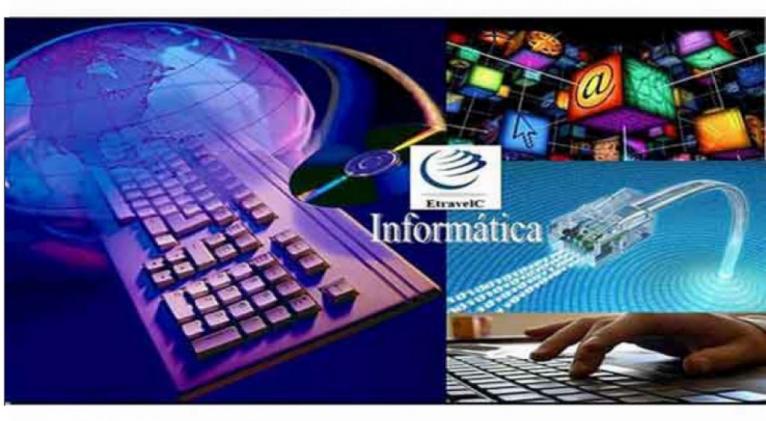Computerization in Cuba Allows Improving Access to Knowledge
especiales

The Cuban Minister of Communications, Jorge Luis Perdomo, stated Wednesday that the computerization program of the society being implemented on Cuba aims to improve people's access to knowledge and information.
Perdomo also suggested, in exclusive statements to Prensa Latina, that the implementation of this project approved last year by the Council of Ministers dismantles the media campaigns against Cuba over an alleged refusal by the Cuban government to open up the Internet.
'For many years Cuba has been demonized with Internet access, because they said it was linked to people not having access to information, and there is a country (Cuba) and a Revolution that has prioritized it above all else', said the official, who spoke Tuesday before members of the National Assembly of People's Power (ANPP, Parliament).
He indicated to guarantee ways for Cubans to appropriate information is in line with Fidel Castro's ideas, who always advocated an increasingly educated society.
Perdomo explained the computerization program in Cuba has several corners and one of the essential is the infrastructure and telecommunications services, including access to the network of networks.
He said it is essential to achieve connectivity between institutions, work and study centers, services for the use of the population, including those that can be accessed from home, the recent opening of the Internet in mobile phones through data, among other aspects.
It also deals with the generation of content, Internet services and platforms for communication between people; government projects and electronic commerce, with the visibility of government agencies, municipal and territorial institutions, and agencies of the Central State Administration, he said.
The program also strives to increase the capacity for interaction between the population and the different state agencies through institutional portals and social media, Perdomo added.
He also pointed out that cybersecurity is essential and must go together with the country's computerization.
'It is necessary to create a safe cyberspace, where services have stability, people's data are protected, we defend ourselves politically and ideologically from enemy subversion, which is very strong in this sector', he acknowledged.
He also added it is intended the people share information with the world, and defend their ideas, their culture and the nation's identity.













Add new comment